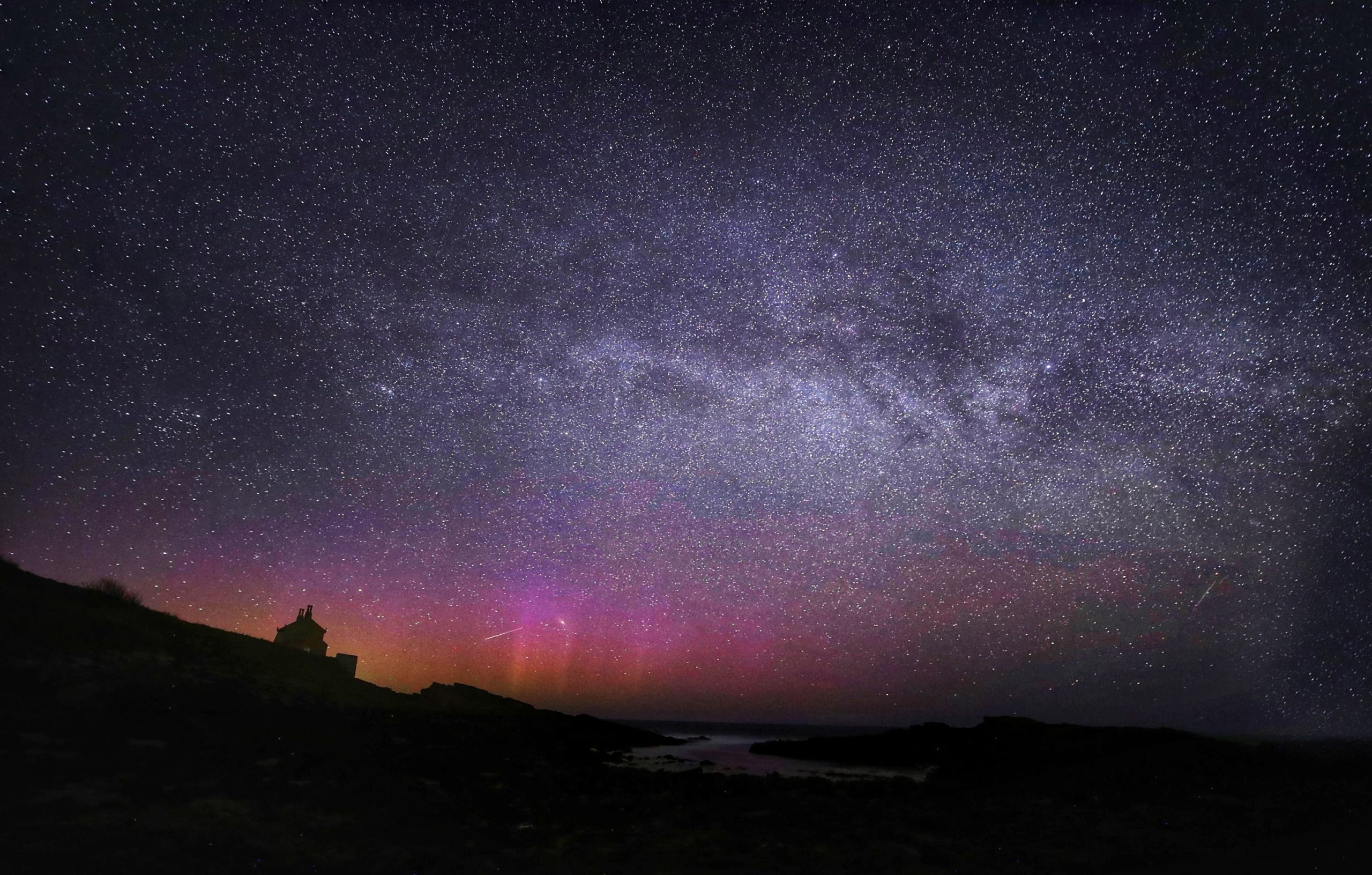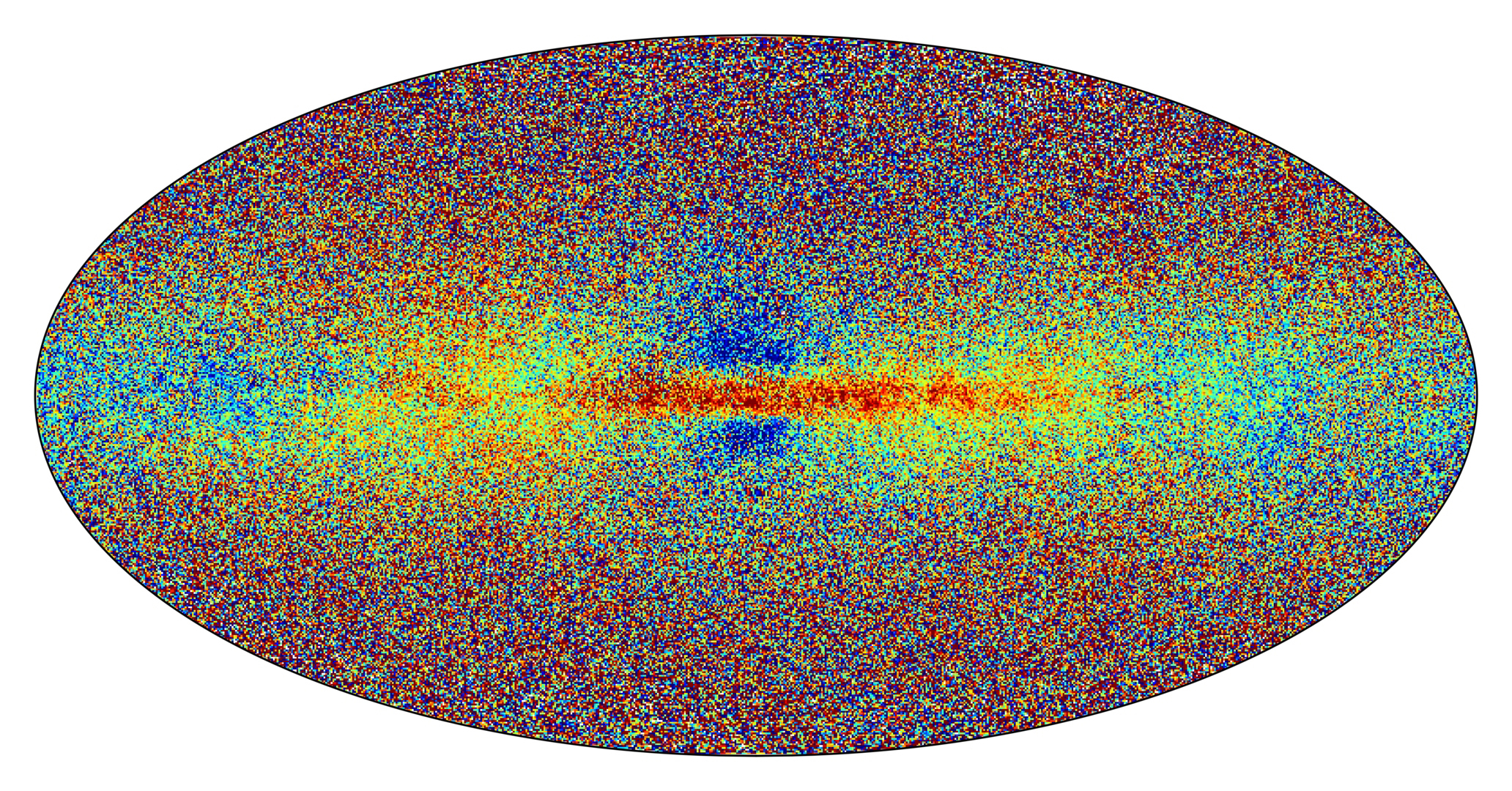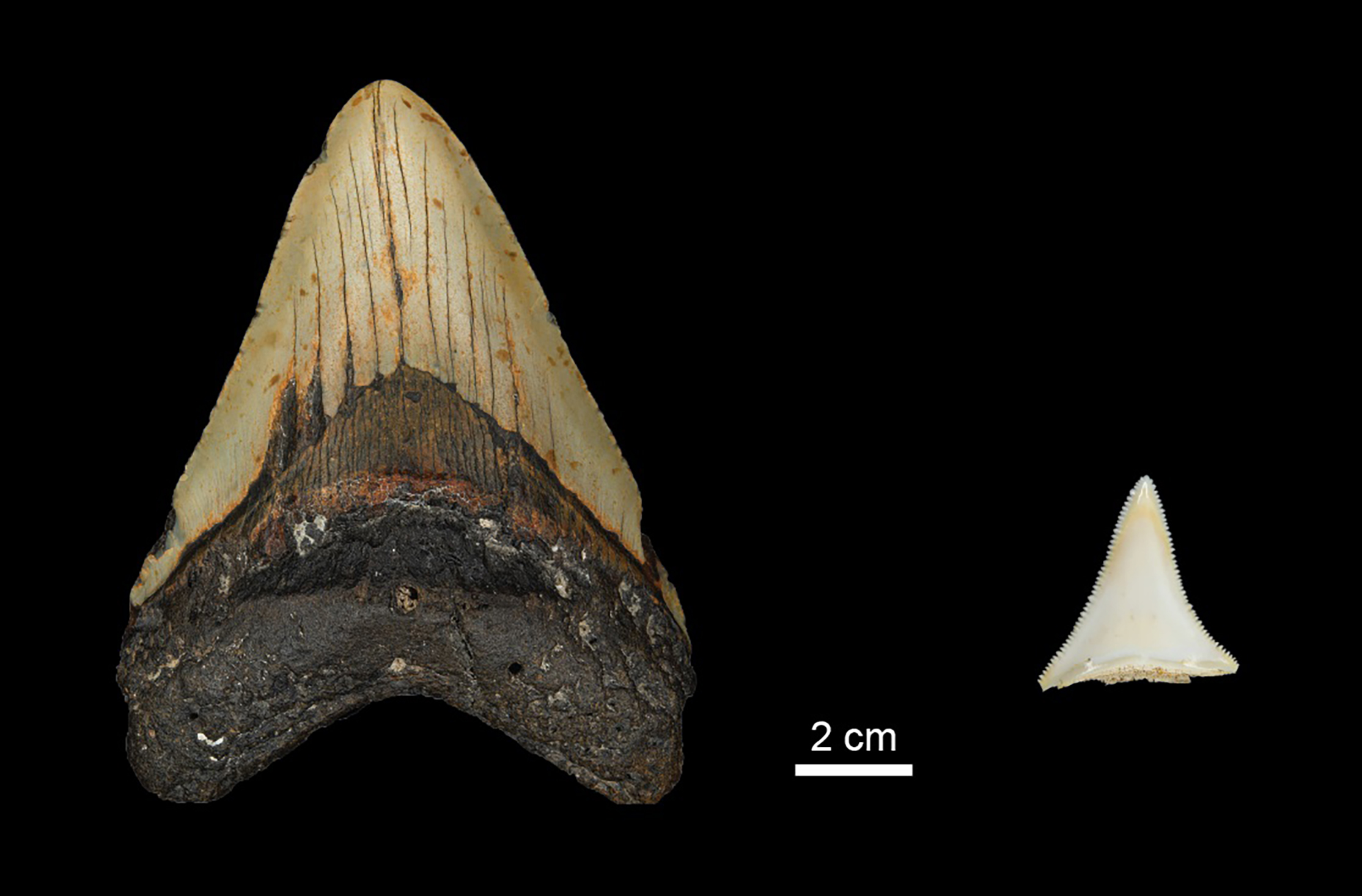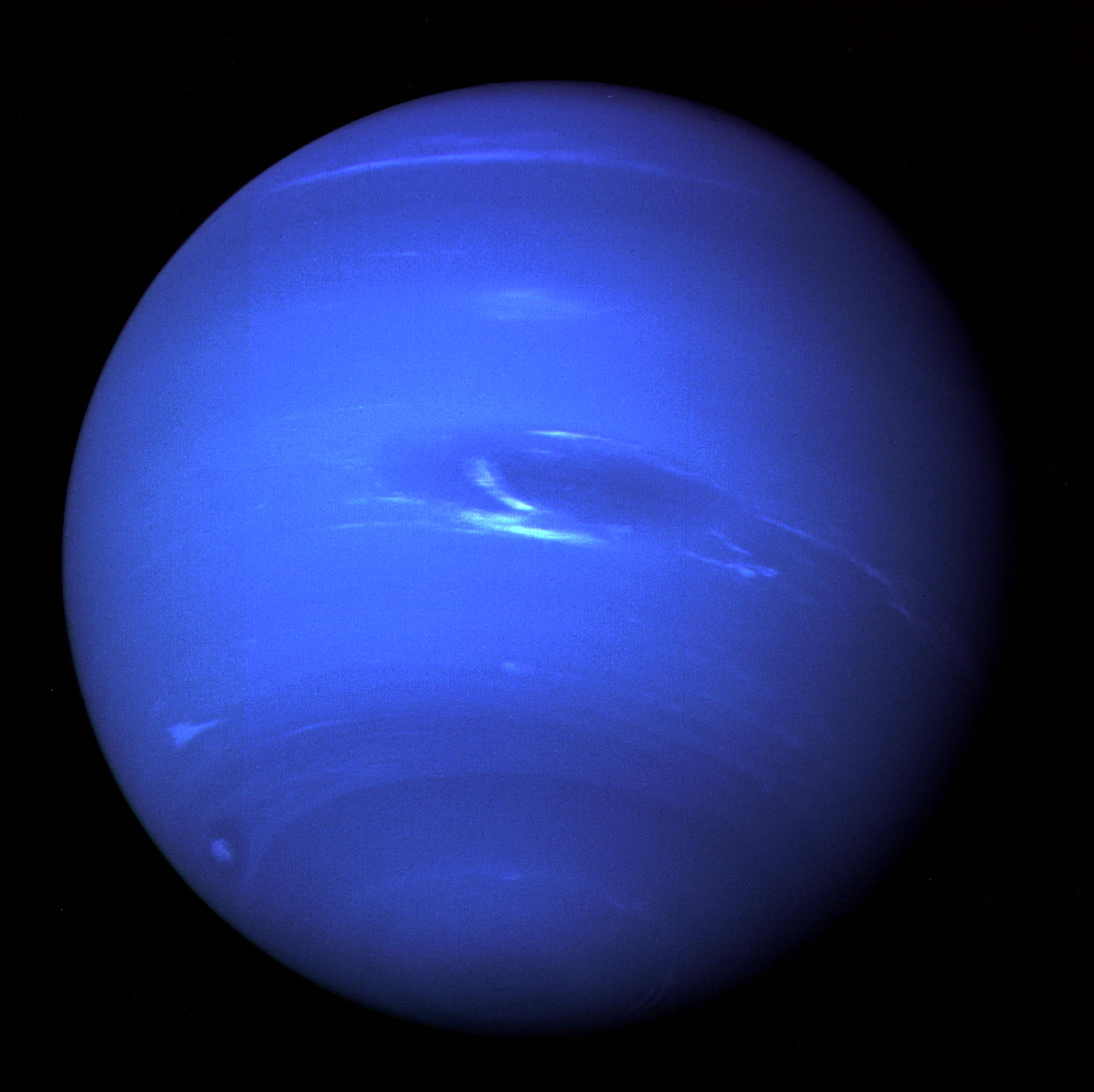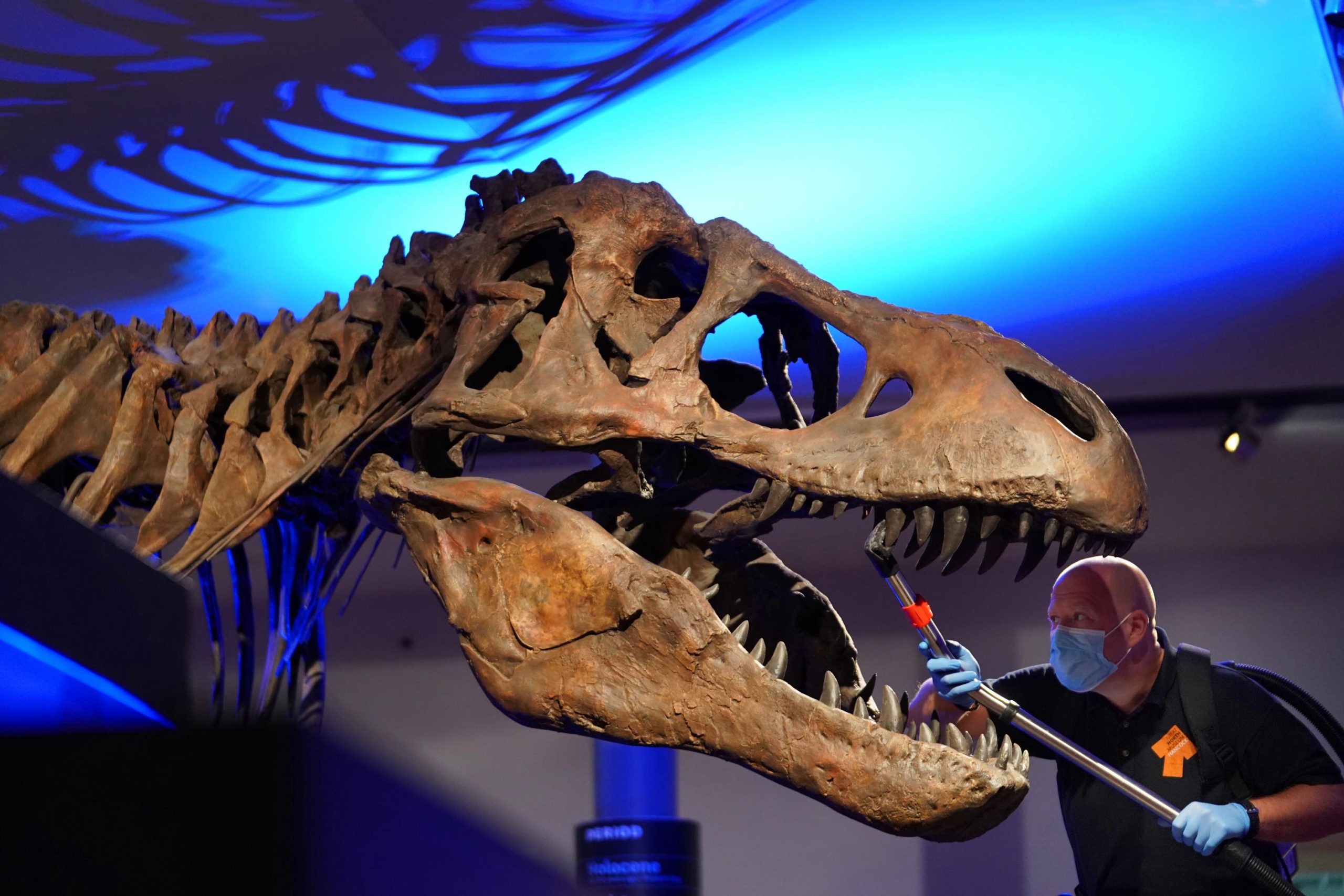New data reveals stars experience ‘quakes’ like on Earth
Stars experience quakes like we have on Earth, scientists have discovered, after data revealed new information on nearly two billion stars in the Milky Way. These “starquakes” – known as non-radial oscillations – are tsunami-like movements
European ‘star survey’ reveals celestial treasure trove
The European Space Agency (ESA) has released a trove of data on almost two billion stars in the Milky Way, collected by its Gaia mission in an effort to create the most accurate and complete map
Great white sharks may have contributed to megalodon extinction, study suggests
Competition for food with the great white shark may have contributed to the extinction of the megalodon, one of the largest carnivores to have ever lived, new research suggests. Megatooth sharks like Otodus megalodon, more commonly
Scientists can finally explain why Uranus and Neptune are different colours
Scientists have explained why, despite having much in common, Uranus and Neptune have very different appearances. The furthest two planets in the Solar System have similar masses, sizes, and atmospheric compositions – yet Neptune looks distinctly
Researchers discover most dinosaurs were warm-blooded
Whether dinosaurs were warm or cold-blooded has been one of the oldest questions in palaeontology, but now researchers think they finally have the answer. Based on clues from their bones that indicated how much the individual
‘Things like us may be extremely rare’, Prof Brian Cox says
Earth could be “the only place” in the universe with life forms intelligent enough to form civilisation, Professor Brian Cox has said. While microbial life forms could well be common, the physicist believes that “things like
